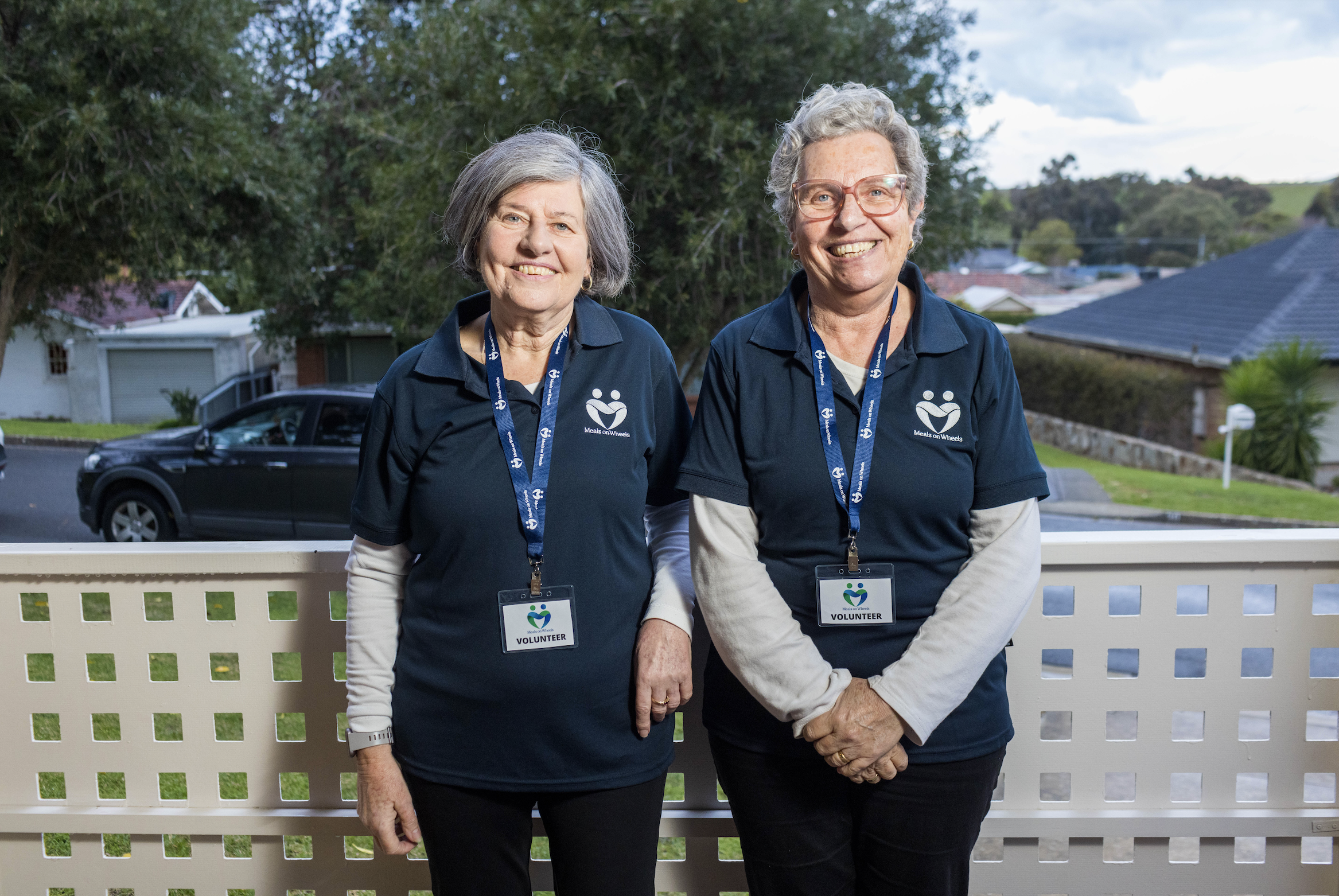Every day, Meals on Wheels™ is serving up more than just a meal to older Australians in communities right across the country. With the help of our wonderful and committed volunteers, we’re helping to combat the national health issue of social isolation, one meal delivery at a time.
A recent report into the social impact of the Meals on Wheels™ service across the country has revealed for the second year running, that strong relationships among Meals on Wheels customers – the majority living alone – and volunteers resulted in significant improvements of 15% to overall customer wellbeing.
Improvements were also found to extend to Meals on Wheels volunteers. The report notes that Meals on Wheels volunteers have 10% higher self-rated overall wellbeing than other comparable Australians and 4% higher than similar volunteers.
Why is this important?
Social isolation is an issue for the ageing population within Australia, for a number of reasons. And it presents a number of concerns for those most at risk.
- Social isolation and loneliness are considered significant health and wellbeing issues in Australia because of the impact they have on peoples’ lives.
- Social isolation has also been linked to mental illness, emotional distress, suicide, the development of dementia, premature death, poor health behaviours, smoking, physical inactivity, poor sleep, and biological effects, including high blood pressure and poorer immune function.
- Loneliness has been linked to premature death, poor physical and mental health, and general dissatisfaction with life.
- The risk of premature death associated with social isolation and loneliness is similar to the risk of premature death associated with well-known risk factors such as obesity.
- Social isolation also impacts the type and amount of food and fluid an older person consumes increasing their risk of malnutrition.
How Meals on Wheels™ helps
By ensuring our kind and compassionate volunteers are able to personally deliver meals to the doors of older Australians, it gives those most at risk of social isolation a vital connection. The Social Impact Report highlighted that it was the length of the visit that matters, not frequency – with visits of two minutes or more associated with higher wellbeing.
The knowledge that the majority of Meals on Wheels™ customers experience less than one meaningful social connection per day, paired with the wellbeing findings of the Social Impact Report highlights the vital role this service plays in addressing and combating social isolation.
To learn more about Meals on Wheels™ meal delivery service, click here.
Contributions by Sharon Lawrence, Accredited Practising Dietitian and Meals on Wheels NSW Board Member



